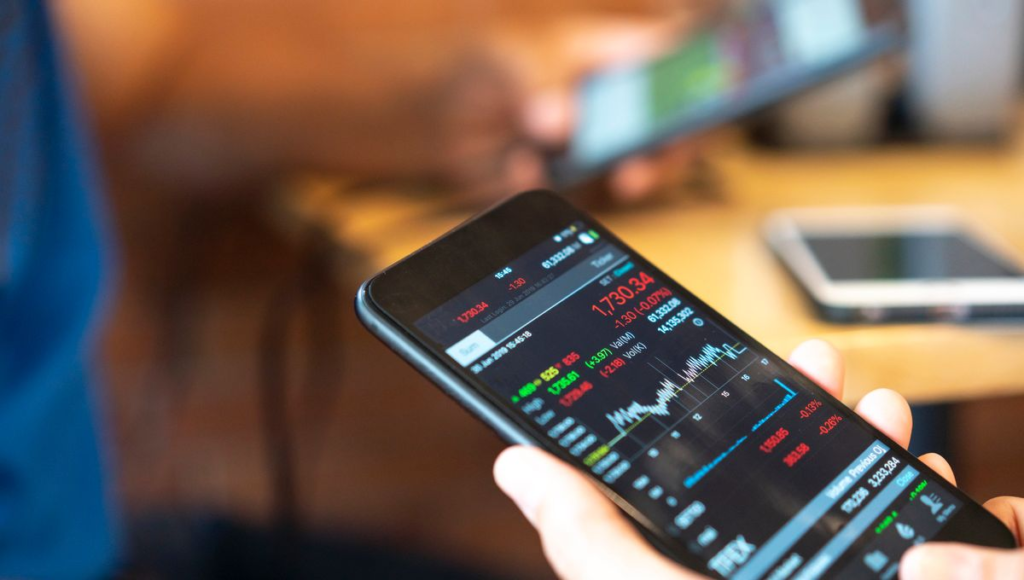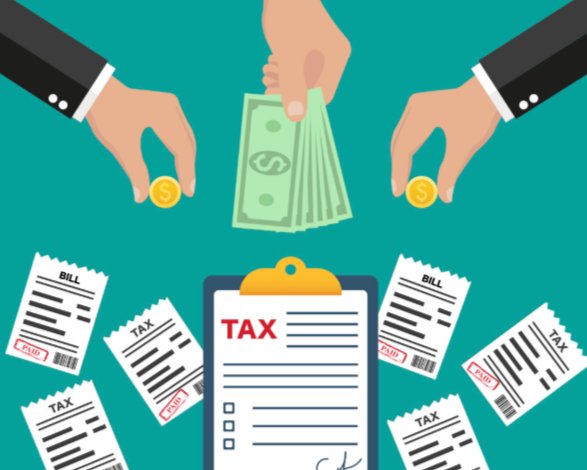Mastering the Basics of CFD Trading: A Beginner’s Guide

If you’re looking to get a foothold in the exciting, dynamic world of trading, you might have heard of contracts for difference, more commonly known as CFDs. A popular choice for both experienced investors and newcomers, CFDs offer an accessible entry point to the world of trading with a myriad of assets at your fingertips. But what exactly is cfd trading? How does it work, and most importantly, what do you need to know to get started? This beginner’s guide to CFD trading will break down all the essential information you need to begin your trading journey.
Understanding CFDs: What They Are and How They Work
A CFD, or a Contract for Difference, is an agreement between a buyer and a seller to exchange the difference in value of an underlying asset from the time the contract is opened until it is closed. The underlying asset could be anything from forex to shares, indices, or commodities. Crucially, CFDs allow you to speculate on the rising or falling prices of these assets without ever owning them. When you trade a CFD, you’re essentially making a bet on the direction you expect the price to move; if you predict correctly, you make a profit, but if you’re wrong, you’ll incur a loss.
One of the most attractive features for CFD traders is the leverage it offers, which allows you to open a position with a fraction of the full value. This can amplify both potential gains and losses, so it’s important to use leverage with caution, especially as a beginner.
The Basics: Going Long and Going Short
To start trading CFDs, you need to understand the fundamental concepts of ‘going long’ and ‘going short.’ If you ‘go long,’ you believe the asset price will rise, and you’ll buy the CFD at the current offer price with the intent to sell at a higher price. When you ‘go short,’ you expect the price to fall, so you’ll sell the CFD at the current bid price with the aim to buy it back at a lower price.
These two movements underscore the basic strategy of CFD trading, where you can potentially profit not only from market uptrends but also from downtrends. This gives you more flexibility and trading opportunities as compared to traditional share dealing, where you can only make a profit if the value of your shares increases.
Risk Management: An Essential Component of CFD Trading
CFD trading can be lucrative, but as with all investments, it carries risk. To navigate these waters safely, risk management should be at the forefront of your trading strategy. Techniques like setting stop-loss orders, using leverage wisely, and not investing more than you can afford to lose are basic yet vital ways to manage risk.
Furthermore, a clear understanding of the assets you are trading, the market conditions, and the principles of technical and fundamental analysis helps to make informed trading decisions, reducing the element of chance in your trading.
Getting Started: Choosing a CFD Broker and Platform
Selecting the right CFD broker is a critical first step for any aspiring CFD trader. Look for a broker that offers the assets you’re interested in, with a robust and user-friendly trading platform, competitive spreads, and excellent customer support.
Take advantage of demo accounts that allow you to practice CFD trading with virtual money. This is a powerful tool to familiarize yourself with the platform’s features, test different trading strategies, and gain confidence before you start trading with real money.
Trading CFDs: The Next Steps
Once you’ve grasped the basics and chosen your broker, it’s time to trade CFDs. Keep up-to-date with the latest market news, understand the factors that influence the assets you’re trading, and cultivate a disciplined approach to your trading. Emotions like fear and greed can lead to hasty decisions and undermine your trading strategy.
As with any new skill, practice makes perfect. Continuously learn from your trades, keep an eye on your risk management, and refine your strategies. With time and commitment, you can master the art of CFD trading and potentially reap the rewards it offers.
Trading can be an intellectually stimulating and financially rewarding pursuit, but always be aware of the risks involved. Start small, learn as you go, and don’t hesitate to seek advice from experienced traders. With the right approach and mindset, CFD trading can be an accessible and potentially lucrative avenue for those interested in participating in the financial markets.



